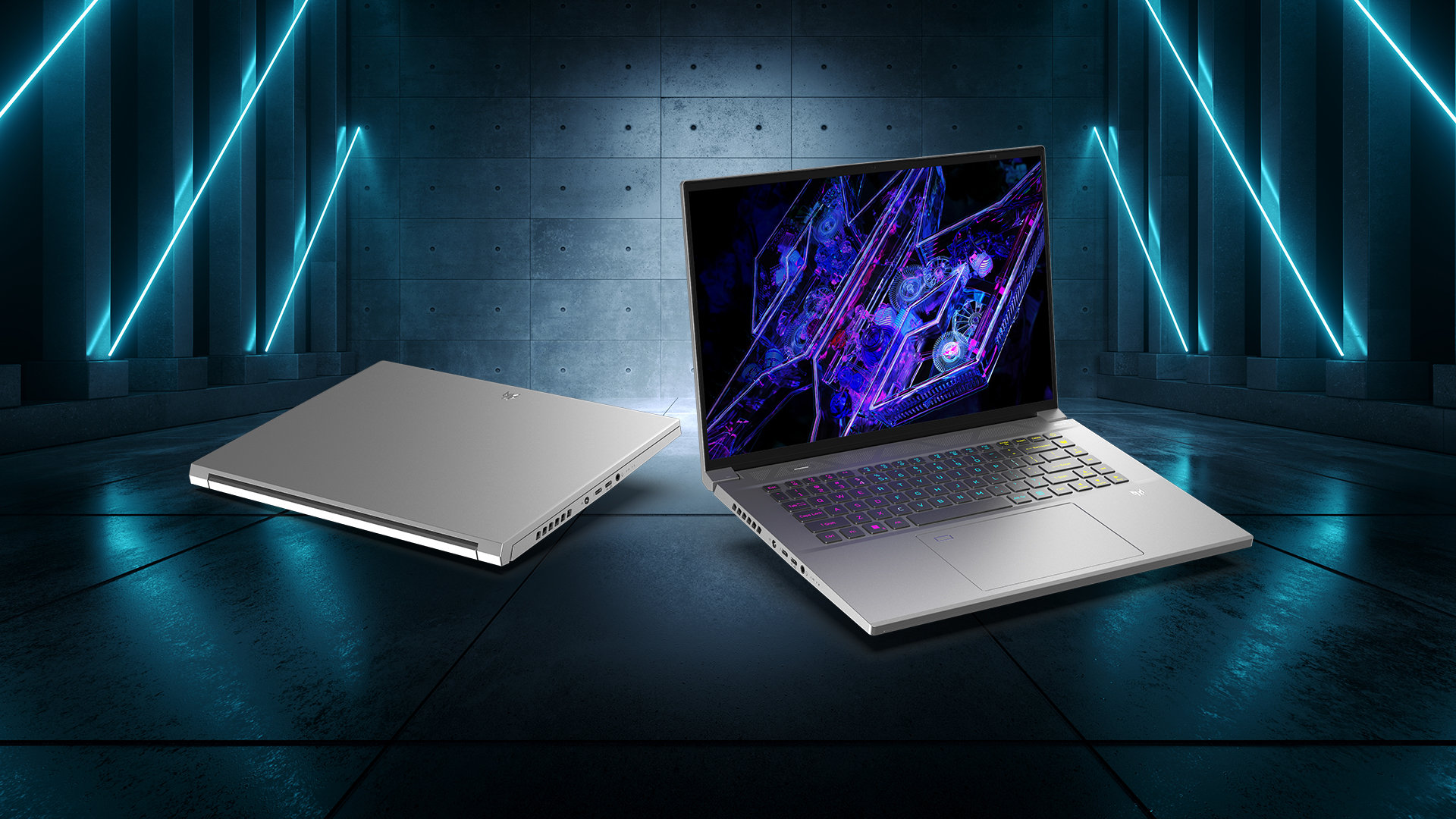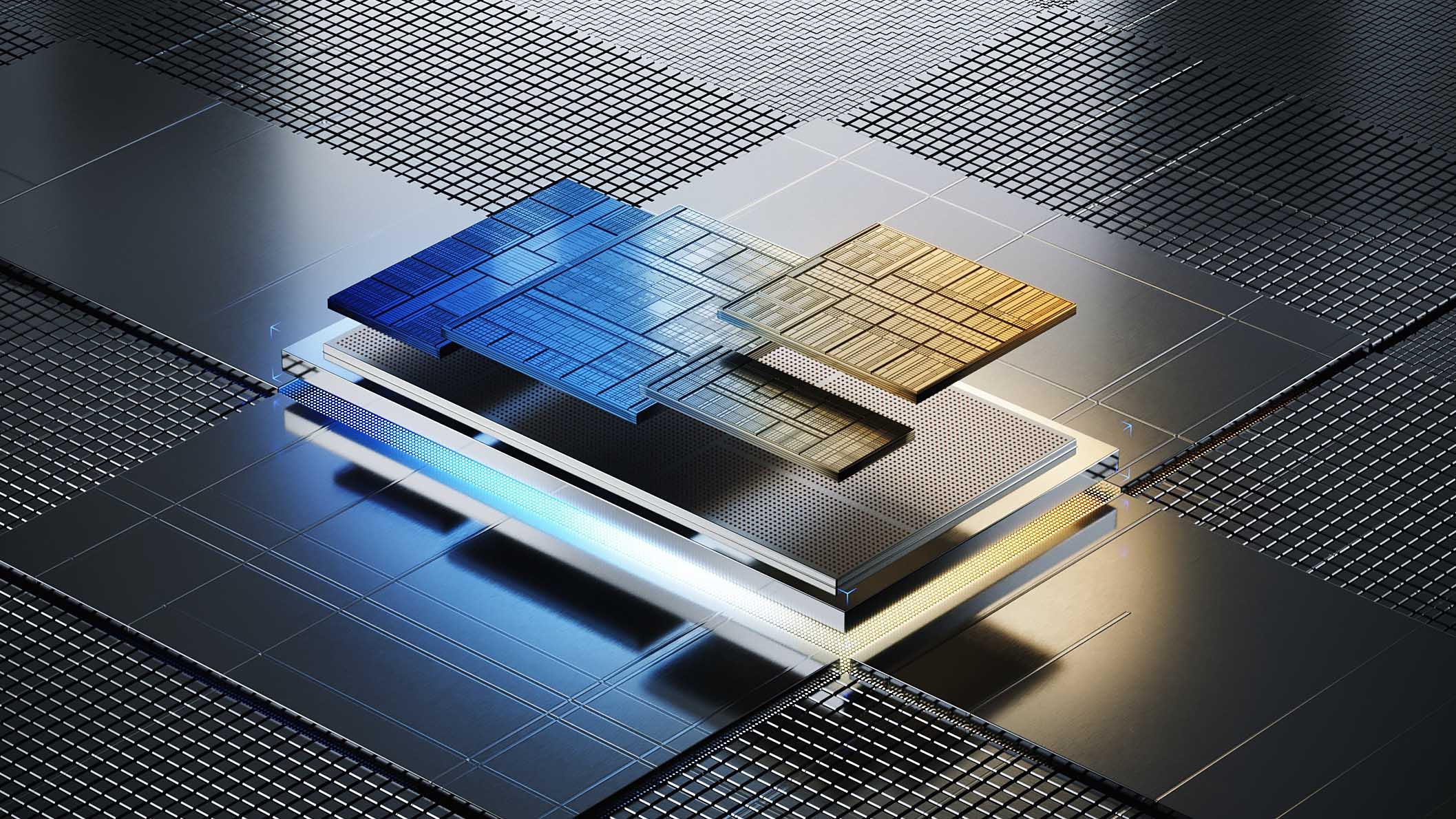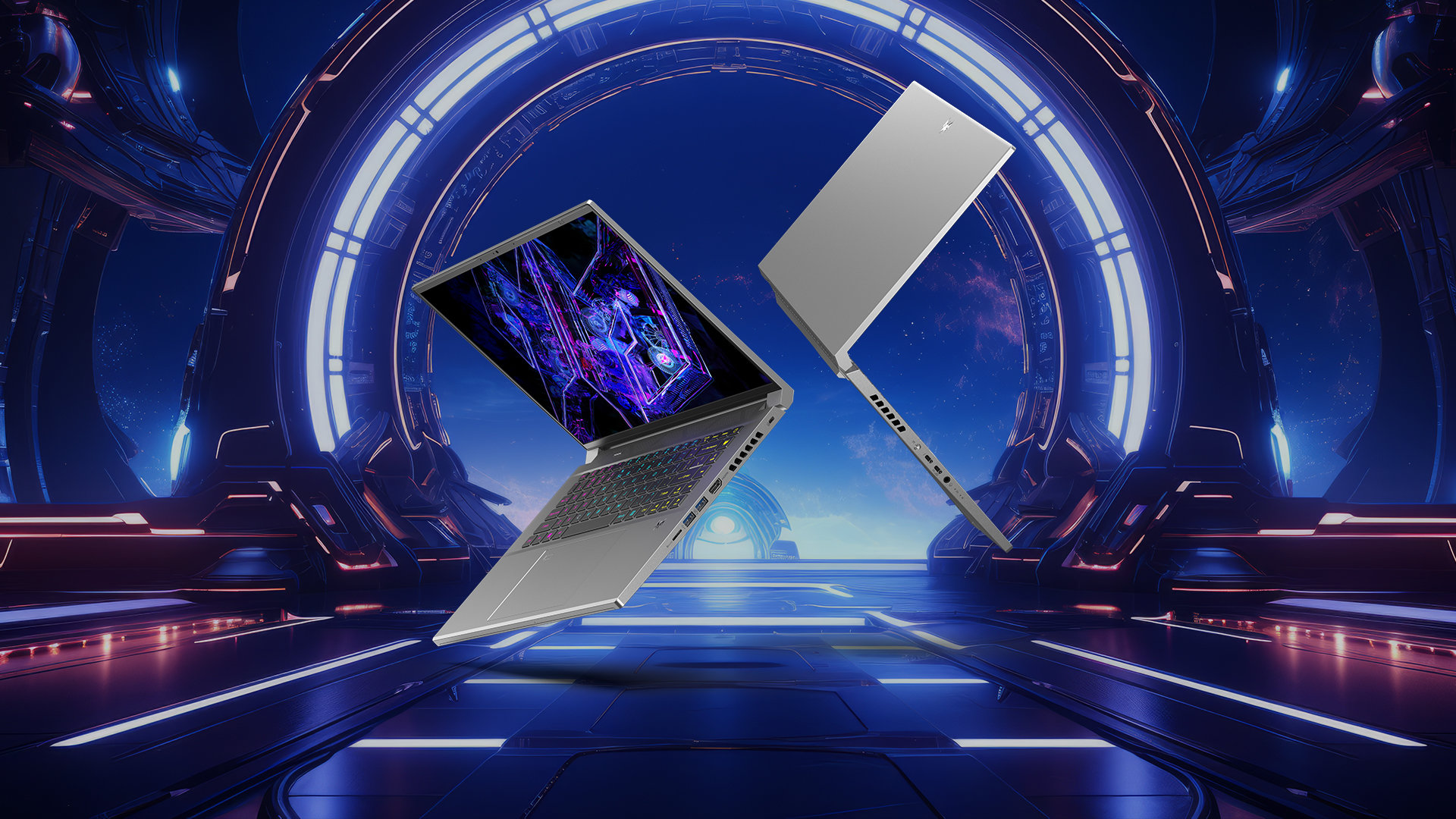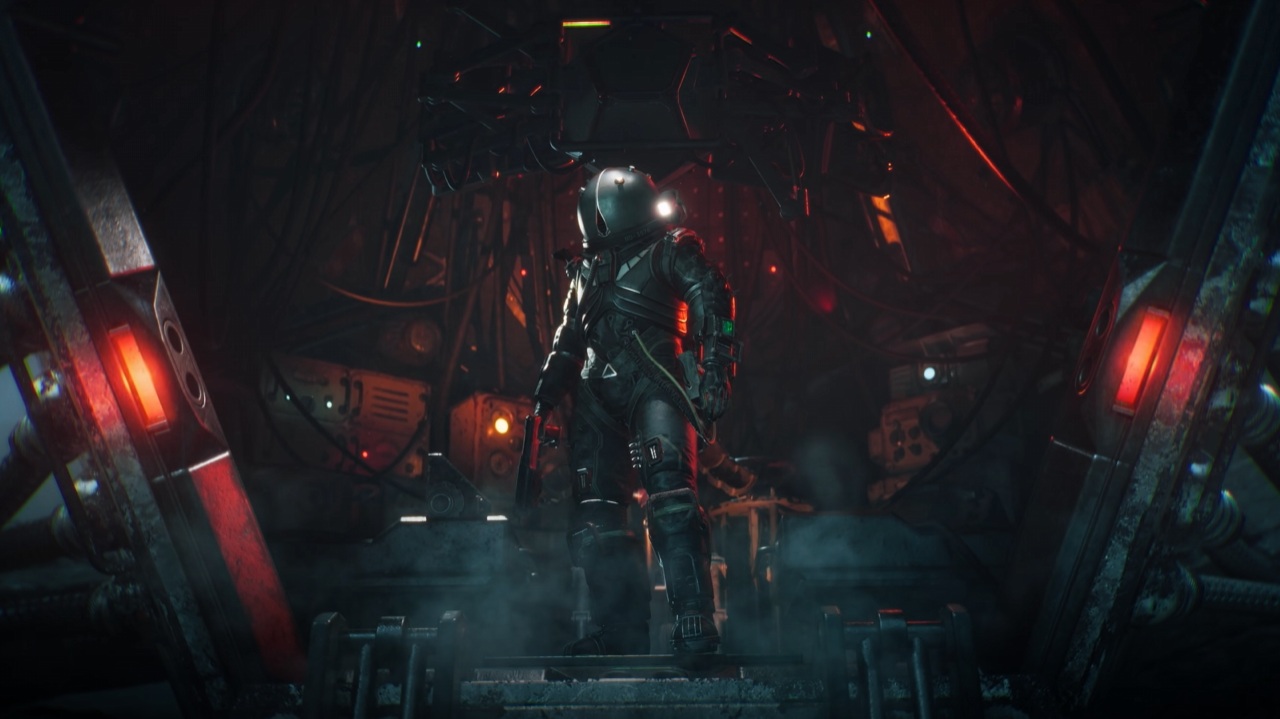Acer unveils its latest gaming laptop with Intel Core Ultra CPUs, but does the AI-driven NPU make a real difference?
Acer's new Predator Triton Neo 16 is among the first to run on an Intel Core Ultra processor.

What you need to know
- Acer unveils the Predator Triton Neo 16 gaming laptop, which features an Intel Core Ultra processor.
- The laptop's new Intel Core Ultra processor features an NPU optimized for AI tasks paired with an NVIDIA GeForce RTX 40 Series GPU.
- The Predator Triton Neo 16 has up to a 3.2K display with a 165Hz refresh rate that's Calman-Verified, which promises accurate colors out of the box.
CPU: Up to Intel Core Ultra 9 185H
GPU: Up to NVIDIA GeForce RTX 4070
NPU: Yes, Intel AI Boost
RAM: Up to 32GB LPDDR5X
Storage: Up to 2TB PCIe Gen 4 NVMe SSD
Display: 16-inch, 3.2K, 165Hz, Calman-Verified, DCI-P3 100%
NVIDIA features: NVIDIA Advanced Optimus and NVIDIA G-SYNC
Price: From $1,499.99
Availability: March 2024
Acer just unveiled the Predator Triton Neo 16. The gaming laptop is among the first PCs to run on the brand-new Intel Core Ultra processors. Paired with that CPU is up to an NVIDIA RTX 40 Series GPU. Since the laptop runs on an Intel Core Ultra processor, it has a Neural Processing Unit (NPU) focusing on AI features.
The Predator Triton Neo 16 will launch in North America in March 2024 with a starting price of $1,499.99. The laptop will also reach EMEA markets in March with a starting price of €1,799.
Today is Intel's Meteor Lake day, so several laptops with new processors have been announced. But the chip isn't the only thing that will turn heads in the Predator Triton Neo 16. The gaming laptop has up to a 3.2K display with a 165Hz refresh rate. That screen is Calman-Verified for color accuracy, covers DCI-P3, and features NVIDIA Advanced Optimus and NVIDIA G-SYNC.
Acer also packed some features for content creators into the Predator Triton Neo 16. The laptop supports Acer Purified 2.0. Using AI noise reduction and a third microphone with a 3D array should block out external voices and prioritize your voice. While many will use those features for streaming games and broadcasting, I imagine it will make you sound quite clear in a business call.
What exactly is an NPU?

Get ready to see a load of laptops with NPUs inside. Interest in artificial intelligence skyrocketed in 2023, and now we're starting to see hardware to match it. But what is an NPU, and why would you want one inside your next PC?
NPU stands for Neural Processing Unit. It's a specialized processor that focuses on AI. Up to this point, CPUs and GPUs have handled the vast majority of the AI load on systems (some PCs, like the Surface Laptop Studio 2, already have a processor for AI). While those processors can power artificial intelligence, they are not optimized for it.
Using a CPU to power AI features takes up system resources. Having an NPU lifts the AI load off the CPU, allowing the latter to focus on other things.
Get the Windows Central Newsletter
All the latest news, reviews, and guides for Windows and Xbox diehards.
Graphics cards are powerful enough to handle AI tasks but are often overkill. Using an RTX 4070 to blur the background of your Zoom call is like getting your car into sixth gear to move forward at the drive-thru; it works but isn't efficient. In contrast, an NPU can tackle the same tasks more efficiently, using less power, all while allowing your GPU to focus on graphics.
Intel Core Ultra processors all feature an NPU. That's a key differentiator, as not all 14th Gen Intel chips have an NPU. Qualcomm is also in the NPU market, and we'll see that in action when the Snapdragon X Elite comes out.
Our Gaming and Tech Editor, Rebecca Spear, broke down what NPUs do and how they're different from GPUs to help explain further.
Does an NPU improve gaming laptops at all?

What if you don't blur backgrounds on Zoom calls or generate images locally using AI? Do you really need an NPU in a gaming laptop? There will be plenty of laptops released in 2024 that lack an NPU, but having a chip focused on AI will help get the most out of the best PC games, at least on paper.
Many modern gaming features use AI, such as ray tracing. As more laptop manufacturers integrate NPUs into PCs, we'll likely see developers utilize the hardware. The result should be AI-optimized laptops that can tackle repetitive tasks more efficiently while freeing up the GPU for more intensive workloads.
The problem is that NPUs are new, and how they'll perform in the real world has yet to be seen. For example, will NVIDIA embrace the NPU in an Intel Core Ultra processor or keep its AI tech locked down to NVIDIA hardware? That's yet to be seen.
It's not that an NPU is better than a GPU overall. An NPU is a specialized tool that focuses on specific features. A GPU can perform those same tasks but does so at the cost of battery life and efficiency.
If you don't use AI features or the AI features you use don't utilize an NPU, the AI-focused processor won't hurt anything. It will just sit idly, dreaming of the day someone asks it to perform a repetitive task.

Sean Endicott is a tech journalist at Windows Central, specializing in Windows, Microsoft software, AI, and PCs. He's covered major launches, from Windows 10 and 11 to the rise of AI tools like ChatGPT. Sean's journey began with the Lumia 740, leading to strong ties with app developers. Outside writing, he coaches American football, utilizing Microsoft services to manage his team. He studied broadcast journalism at Nottingham Trent University and is active on X @SeanEndicott_ and Threads @sean_endicott_.
